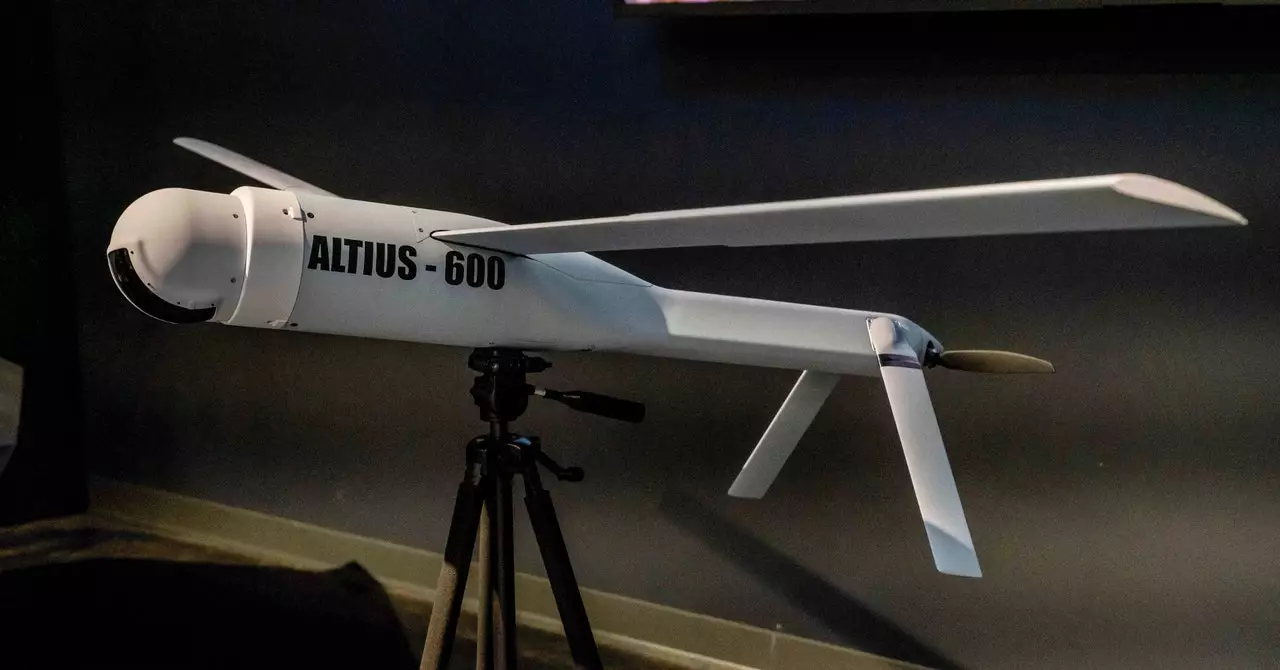In a significant development within the technology and defense sectors, OpenAI, celebrated for its creation of the widely recognized AI system ChatGPT, has announced a partnership with Anduril Industries, a company specializing in defense technology including drones and missiles for the U.S. military. This alliance underscores a growing trend among Silicon Valley tech firms to engage with the defense industry, marking a shift in attitudes toward military collaborations. The partnership is seen as a strategic move that not only promotes business interests but also calls into question the ethical implications surrounding the use of artificial intelligence in warfare.
OpenAI’s mission is focused on developing artificial intelligence that benefits humanity broadly. Sam Altman, CEO of OpenAI, articulated the company’s commitment to advancing technologies that align with democratic values and serve the greater good. The announcement of this partnership signals a clear intention to harmonize the capabilities of AI with defense solutions, effectively merging technological innovation with military objectives. However, this approach raises pertinent questions about the foundational ethics of deploying advanced AI in conflict scenarios. Balancing military applications with the overarching goal of supporting democratic principles remains a complex area of discussion.
According to Brian Schimpf, Anduril’s cofounder and CEO, the collaboration aims to enhance air defense systems, enabling military operators to make rapid and informed decisions during critical situations. The incorporation of OpenAI’s technology is touted to improve threat assessment relative to drone surveillance, ensuring operators have real-time insights while minimizing their exposure to danger. This promise of technological advancement holds the potential to revolutionize how military personnel engage with emerging threats, yet it also invites scrutiny regarding the responsibility of companies like OpenAI to consider the long-term implications and moral consequences of their technologies.
OpenAI’s pivot towards military applications earlier this year incited mixed reactions internally, illustrated by the discomfort expressed by some staff members. While there were no overt protests, the change in policy did foster a climate of debate among employees. This internal tension mirrors broader societal concerns where innovations that hold transformative potential may also enable harmful practices. The collaboration with Anduril represents a critical juncture for OpenAI, urging the company to navigate the precarious balance between corporate growth and ethical accountability.
Anduril’s development of an advanced air defense system showcases the integration of AI into military strategies. The system relies on a network of small, autonomous drones capable of interpreting spoken commands, translating them into actionable tasks. Historically, Anduril has utilized existing open-source models for preliminary testing, but the new partnership promises a deeper integration of OpenAI’s proprietary technology. While autonomous operations carry potential for enhanced effectiveness in combat, they also pose significant risks, particularly in decision-making and risk assessment. The unpredictability associated with current AI models introduces uncertainties regarding reliability and safety should these systems act without human intervention.
The evolving relationship between technology firms and military organizations is not without precedent; the recent partnership reflects a dramatic shift in the cultural atmosphere of Silicon Valley. Just a few years prior, many tech companies, including Google, faced significant backlash from employees over perceived complicity in military operations. The protests surrounding Project Maven underscored a deep-seated resistance to such collaborations. In this light, the recent trend toward military partnerships speaks volumes about the changing nature of societal acceptance regarding tech industry involvement in defense.
As OpenAI and Anduril embark on their collaborative journey, the implications for both the tech industry and military operations will continue to unfold. This partnership exemplifies a crossroads where innovation and ethics intersect, demanding ongoing dialogue and reflection. As we witness an increasing deployment of AI in critical decision-making processes, society must grapple with the ethical ramifications. The future of AI in defense has the potential to redefine how warfare is conducted, but it also challenges us to confront the moral responsibilities that accompany such advancements. The trajectory of this partnership will undoubtedly garner attention, continuing the discourse on the role of technology in shaping the security landscape while upholding the values of a democratic society.

